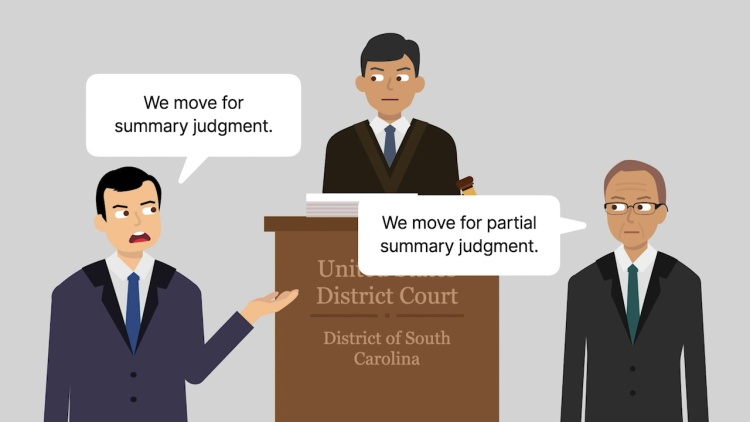Figgie International, Inc. v. Destileria Serralles, Inc.
United States Court of Appeals for the Fourth Circuit
190 F.3d 252 (1999)
- Written by Angela Patrick, JD
Facts
Figgie International, Inc. (Figgie) (plaintiff) signed an agreement to provide sophisticated bottle-labeling equipment to Destileria Serralles, Inc. (Serralles) (defendant), a rum bottler. The equipment never worked properly. For several months, Figgie unsuccessfully attempted to repair the equipment. Eventually, Serralles returned the equipment, and Figgie refunded the purchase price. However, the months without working equipment had caused Serralles to suffer additional business losses. Serralles asked Figgie to pay for these consequential losses. Figgie refused. Figgie sued, requesting a declaration that it did not owe Serralles anything. Figgie claimed that the parties’ agreement had contained a written provision limiting Serralles’s remedies to repair, replacement, or return and excluding any remedy for consequential losses. However, Figgie had lost its agreement copy. Serralles’s copy did not contain the alleged remedy-limitation provision, but it did state that the parties had placed extra terms on the back side of the last page. However, in Serralles’s copy, this page was blank. Figgie claimed that the original agreement had included the remedy-limitation provision on the copy’s blank page, but Serralles disputed this claim. To establish the remedy-limitation provision’s existence, Figgie provided evidence that (1) this provision was a standard part of every sales contract Figgie had entered at that time and (2) as a matter of trade usage and custom, sellers in the bottle-labeling industry always limited a buyer’s remedies to repair, refund, or replacement only. Serralles provided no evidence contradicting Figgie’s trade-usage evidence. The district court granted summary judgment for Figgie. Serralles appealed, arguing that (1) the agreement did not contain a remedy-limitation provision and (2) even if it did, the provision was void because Figgie’s failed attempts to repair the equipment meant the entire remedy-limitation provision’s essential purpose had failed.
Rule of Law
Issue
Holding and Reasoning (Traxler, J.)
What to do next…
Here's why 907,000 law students have relied on our case briefs:
- Written by law professors and practitioners, not other law students. 47,100 briefs, keyed to 996 casebooks. Top-notch customer support.
- The right amount of information, includes the facts, issues, rule of law, holding and reasoning, and any concurrences and dissents.
- Access in your classes, works on your mobile and tablet. Massive library of related video lessons and high quality multiple-choice questions.
- Easy to use, uniform format for every case brief. Written in plain English, not in legalese. Our briefs summarize and simplify; they don’t just repeat the court’s language.





